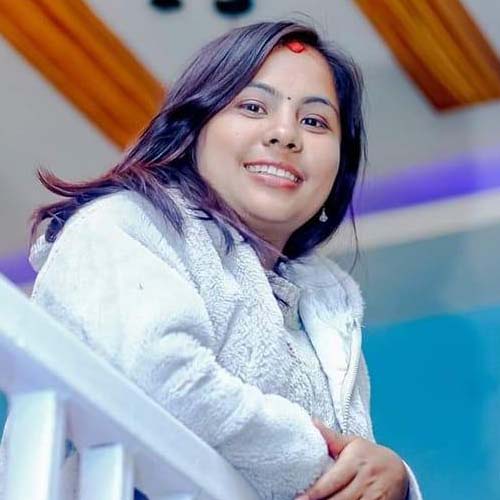Money
Free artificial insemination scheme benefits Kavre farmers
The rural municipality has assigned five veterinarians to provide the service, which started on July 30, in all six wards.
Jyoti Shrestha
Livestock is the key source of income for Binod Timalsina in Kavre. Every year, he has to artificially inseminate his cows and buffalos.
Artificial insemination is now a common practice for breeding livestock. It is the process of collecting sperm cells from a male animal and manually depositing them into the reproductive tract of a female.
The private veterinarian charges Rs800 to Rs1,000 to artificially inseminate the cattle for each attempt.
If the first attempt is not successful, farmers have to spend more for each subsequent try.
“It’s a costly affair for farmers to rely on private veterinarians. It takes five to six attempts to get a cattle pregnant through the method,” said Timalsina.
This year, Timalsina is happy.
Bethanchowk rural municipality has introduced a free artificial insemination scheme for local farmers this fiscal year.
“Now, we don’t have to pay hefty fees for veterinarians,” said Timalsina of Bethanchowk-2.
The technicians of the rural municipality visit farms and inseminate the cattle without any charge.
“It’s a positive attempt by the local government to support farmers,” said Timalsina.
Italian scientist Lazanno Spalbanzani conducted the first study on artificial insemination of domestic animals on dogs in 1780.
After a few investigations and research, the method was commercialised.
In Nepal, the artificial insemination method is gaining popularity as it reduces the incidence of sexually transmitted diseases among cattle.
Nani Maya Shrestha, another local farmer, too, is happy to avail of the service free of cost.
She rushed to the office of the rural municipality as soon as she knew about the scheme.
The veterinarians of the rural municipality visited her home to artificially inseminate her buffalo three weeks ago after she requested the scheme.
“Farmers were in dire need of such services. This scheme has become a boon to all farmers,” said Shrestha.
According to the livestock department in the rural municipality, there are around 2,400 cows, 5,000 buffalos and around 4,400 farmers engaged in livestock.
Farmers are happy that the scheme will benefit them all.
Before this, the rural municipality had been offering subsidies for farmers for artificial inseminations.
“But, that programme wasn’t effective. So, we decided to make it free of cost from this fiscal year,” said Bhagwan Koirala, chief of Bethanchowk Rural Municipality in Kavre–which is one of the key dairy suppliers to Kathmandu Valley.
“This will save a huge amount of money for farmers every year.”
The rural municipality has assigned five veterinarians to provide the service in all six wards. The scheme started on July 30.
“We have received a positive response from the locals,” added Adhikari.
Umesh Dahal, head of livestock department in Bethanchowk Rural Municipality, said that around 300 cattle are being artificially inseminated each month under the scheme.
Rajendra Bhandari, chief administration officer of the rural municipality, said that a budget of more than Rs1.7 million has been allocated for the scheme in the current fiscal year.”
“If it’s not adequate, we will arrange funds for this scheme from other agricultural programmes as well.”
In addition to the artificial insemination programme, Bethanchowk Rural Municipality has also introduced other programmes such as subsidised loans to encourage the farmers.




 9.7°C Kathmandu
9.7°C Kathmandu















